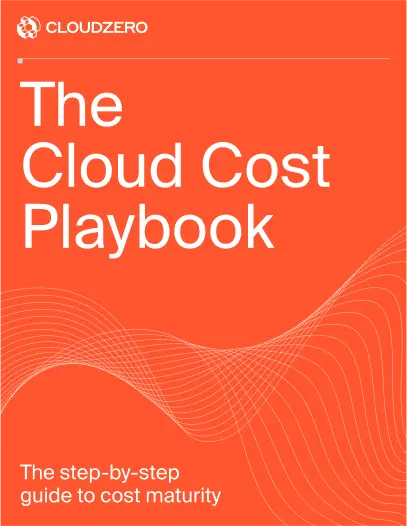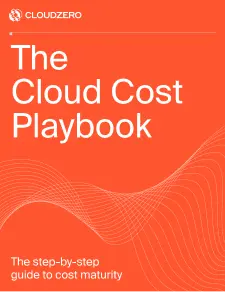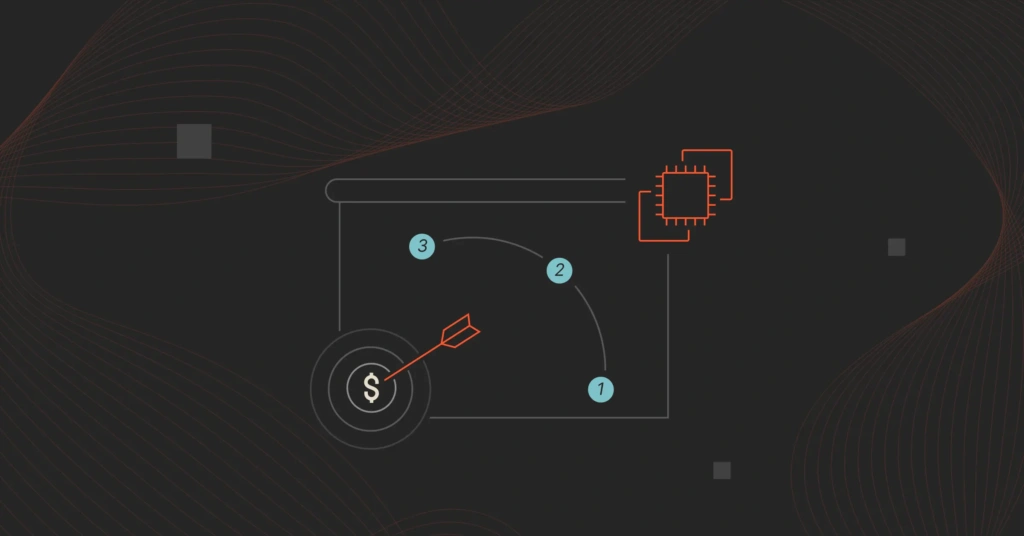What separates an engineer fresh out of university from one who has been working in the field for several years?
While specialized coding knowledge certainly plays a part, it’s the softer, more business-oriented skills that often set engineers apart from the pack. If an employee doesn’t take the time to develop skills for business in the engineering field, it could hinder their career growth over the long term.
Performing effectively in a business setting requires more than just churning out complex, impressive bits of code. The following business skills for engineers are qualities every engineer must learn if they want to become a truly exceptional asset to the team.
5 Business Skills All Engineers Must Learn To Be Successful
1. Recognizing issues and raising concerns
It takes a certain level of expertise and knowledge of the codebase to recognize when something isn’t going according to plan. A novice engineer may not be able to look at the timeline of the project, the way that different modules are interacting with one another, or other complex concepts and intuitively know when something isn’t quite right. It takes practice to recognize the red flags that crop up before major issues arise.
Similarly, it takes practice to know what to do about it when you do see red flags.
It’s so easy for engineers, as natural independent problem-solvers, to try to fix the problem alone and avoid the potential discomfort that comes with telling a team lead about bad news. When it looks like there’s going to be an issue, the best (but often hardest) thing to do is raise the alarm and let the rest of the team know about it.
Learning these skills is incredibly valuable not only to an engineer’s long-term success in their field, but to the company’s success as a whole.
2. Providing and receiving constructive feedback
Team leads, coworkers, and customers are not going to be happy with every engineer’s work 100% of the time.
Being able to respectfully give and accept constructive feedback that furthers the goals of the team as a whole helps the entire team learn and improve. It is also a skill that will quickly differentiate an engineer from the rest of the group.
3. Talking to customers
When a customer requests a feature that doesn’t appear to contribute toward their overall goals, an engineer may feel a reflexive reaction to say, “No. That makes no sense. Let’s do it this way instead.” However, this approach is more likely to result in a miscommunication than a clear solution.
Instead, the engineer should practice asking constructive questions:
- Why do you want to include that feature?
- What problem are you hoping it will solve?
- Would X alternative solve your problem as well?
Armed with the customer’s feedback and the context for their request, the engineer can take the information back to the rest of the team and come up with a viable solution.
4. Running and/or participating in meetings
When you’re not quite sure how to articulate a set of points and address a large group with confidence, it can be tempting to fade to the background during important meetings.
Getting past this hurdle can be challenging for introverted and independent people, but that just means that engineers who do take charge and contribute meaningfully to meetings will surely set themselves apart.
5. Big-picture thinking
Being a highly skilled engineer is not simply about coding applications and features that perform effectively and solve problems.
Engineers must also be able to think of the big picture and strike a balance between all the disparate forces that can impact priorities. For a given project, an engineer may have to make compromises and weigh several factors:
- How will a certain approach affect customers?
- Could that approach change the timeline for delivery?
- How much effort will be required to reach a satisfactory result?
- What impact will these choices have on the business?
- How difficult will it be to reach a consensus and get everyone on the same page?
- Will the new approach increase or decrease costs?
- Is it better to choose a quicker solution with higher up-front costs, or a slower solution that could be more efficient in the long run?
Predicting the cost impact of engineering decisions is a tough skill to master — in most companies, there simply isn’t enough visibility into the unit economics of each feature and service to accurately gauge the long-term impact of infrastructure design and coding choices.
CloudZero can help engineers make educated choices that align with big-picture goals.







